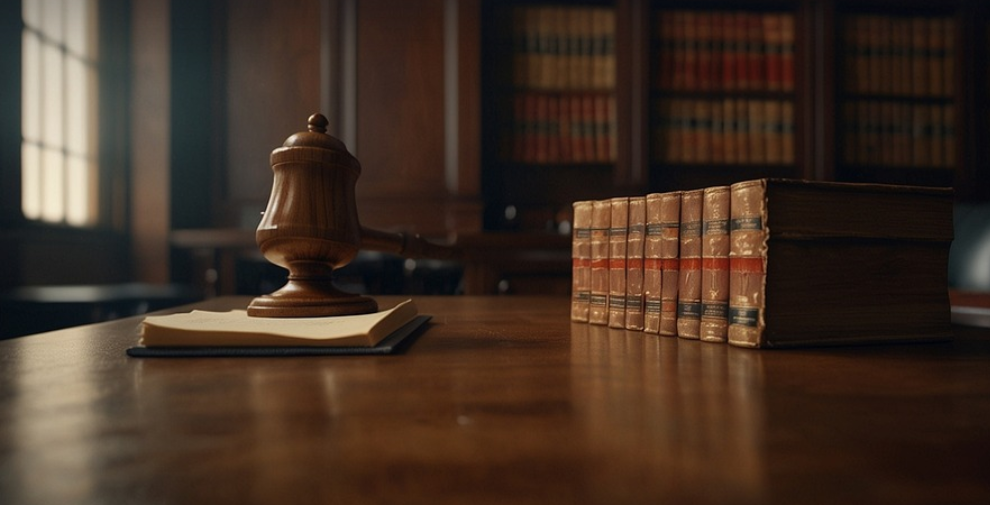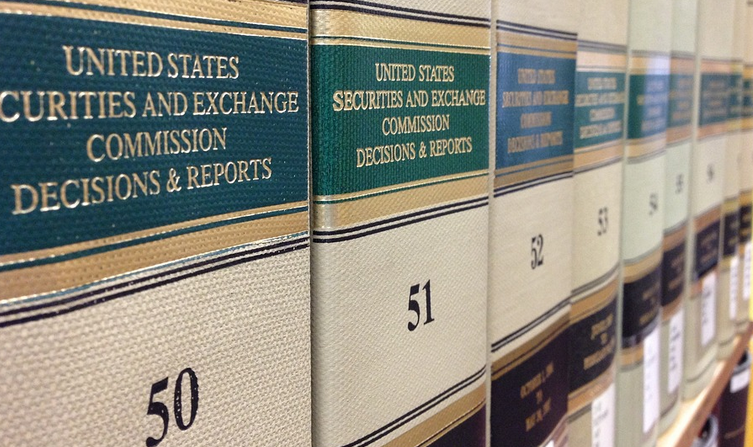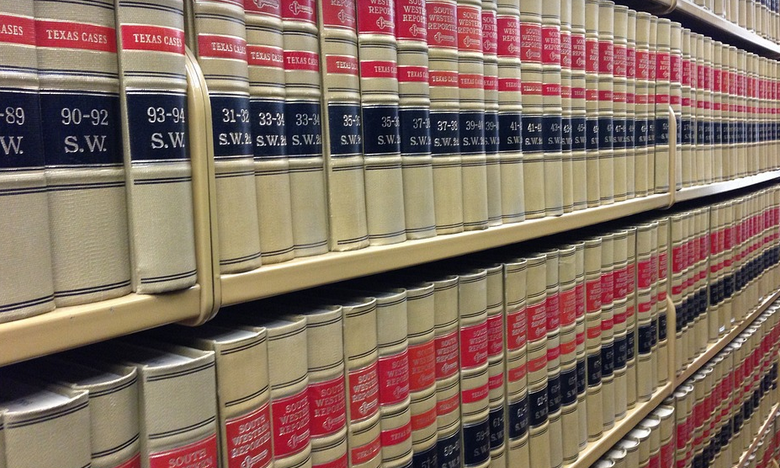A Look at the Montclair Asbestos Landscape
Living in a bustling area like Montclair, New Jersey can be wonderful. There’s an undeniable charm to its historic streets and vibrant community life. But sometimes, history catches up with us – especially when it comes to safety concerns. One such issue has been the presence of asbestos in Montclair’s past, raising legal questions that remain a hot topic for residents.
Asbestos, a naturally occurring mineral known for its durability and fire resistance, was widely used in construction materials across several decades. While it offered significant benefits, there’s a catch: exposure to asbestos fibers can lead to serious health problems like mesothelioma, lung cancer, and pleural plaques over time. This begs the question: when is that “sometime,” and what are the legal repercussions for those who may have been exposed?
Asbestos litigation has been a significant part of the American legal landscape. In Montclair, especially, residents might be facing tough questions about their exposure to asbestos over time, especially in older buildings like housing units or schools. Their legal options are often complex and intertwined with insurance claims and the potential for compensation.
The presence of historical asbestos-containing materials in Montclair is a major factor in these legal concerns. Asbestos was used extensively in homes, schools, businesses, and public buildings during its peak in use – between the 1930s through the 1970s – leaving many residents with lingering questions about their exposures.
For instance, imagine a Montclair homeowner who purchased a house built in the early to mid-20th century. The building materials could have contained asbestos insulation, particularly around pipes and walls. This simple fact alone has significant legal implications for those exposed over time, especially when considering potential health risks.
Understanding this connection between historical use of asbestos and current legal questions in Montclair is key to navigating the complexities of these issues. It’s important to remember that even if a homeowner doesn’t feel ill right now, asbestos exposure can have long-term consequences, potentially leading to serious medical issues.
The question arises: how do families and individuals seek legal redress for potential health concerns caused by asbestos exposure? What are the legal processes in place, and what options do they hold?
To delve deeper into this fascinating area of law, consider these steps:
Steps to Take When Facing Asbestos Legal Questions
**1. Seek Professional Guidance:** Consulting with an asbestos attorney is crucial. They can help you understand your legal rights and options based on your specific circumstances.
**2. Document Everything:** Keep track of any potential exposure to asbestos, including health concerns, symptoms, date of exposure, location of exposure, and the type of material potentially involved. The more documentation you have, the stronger your case will be.
**3. Gather Evidence:** This may involve contacting building management, inspecting for signs of asbestos-related damage or potential leaks, or researching historical records to support claims about asbestos usage in public buildings or schools.
Understanding Legal Options and Compensation
Asbestos litigation is a complex area of law, and navigating it can be daunting for those facing legal questions. Here’s what you need to know:
**1. Asbestos Trust Funds:** Many asbestos-related cases are settled through trust funds set up by companies who were involved in the production or use of asbestos-containing materials during their peak years.
**2. Filing a Lawsuit:** In some cases, individuals may choose to file a lawsuit against those responsible for their exposure to asbestos, seeking compensation for potential damages and losses.
Key Takeaways
The presence of asbestos in Montclair is not just a historical fact; it has lasting legal implications. When facing questions about your exposure to asbestos, understanding your rights, gathering evidence, consulting with an attorney, and pursuing appropriate legal avenues are critical steps in navigating this complex issue.
Remember: proactive action can make a world of difference throughout the process. Seeking legal counsel early on can help you understand your options, protect your health and safety, and navigate the often-complex world of asbestos litigation. It’s better to be informed and cautious than to wait for further complications.



